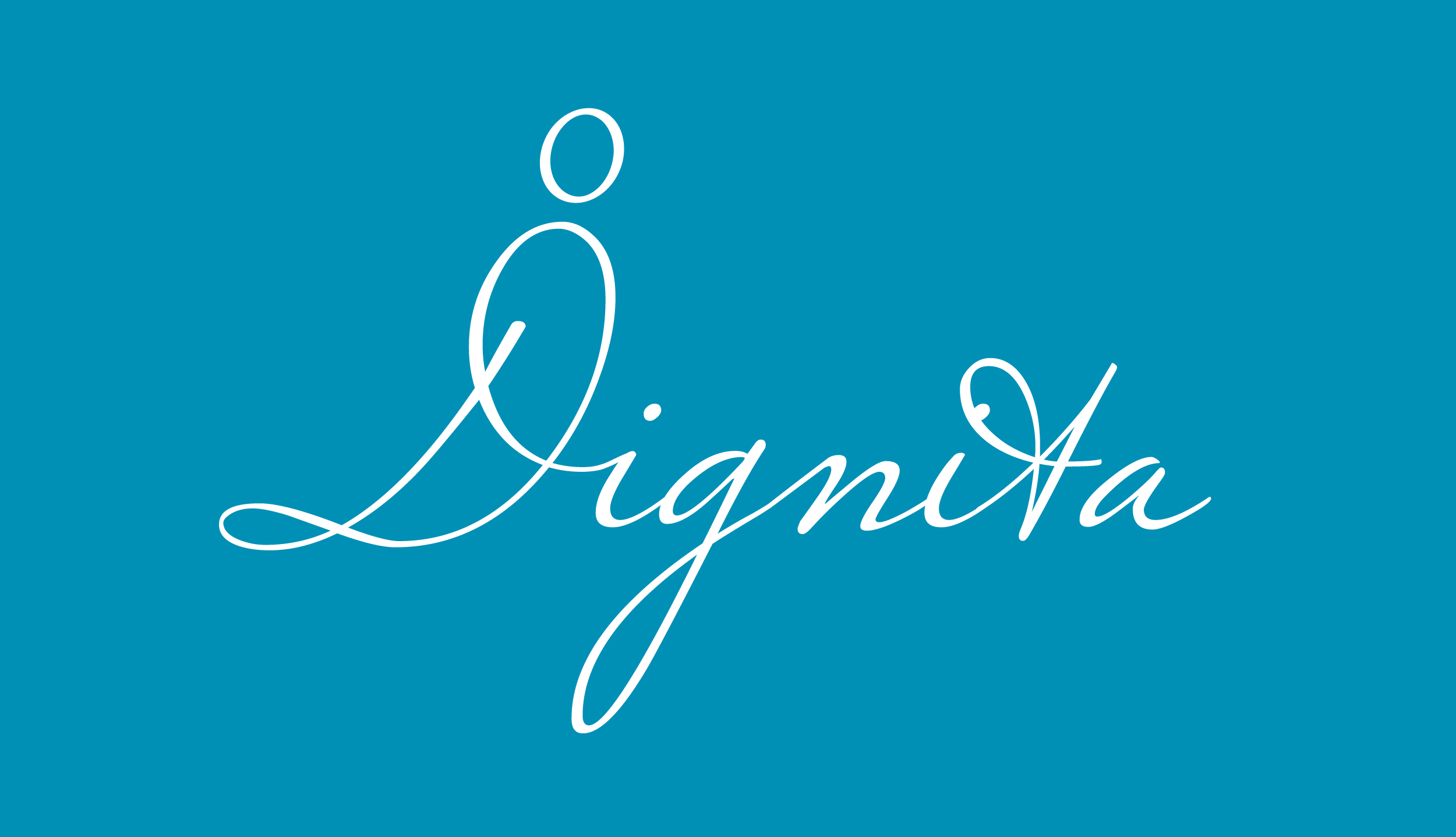In the first half of the year, the UN Special Rapporteur on violence against women and girls, its causes and consequences, produced a major report examining violence as a form, cause and consequence of prostitution. The report was presented and defended during the summer session (18 June -12 July 2024) of the UN Human Rights Council. In the process of preparing his report, the Special Rapporteur invited organizations and institutions around the world to provide him with information on existing legislation, law enforcement and social realities concerning women's lives in prostitution. In its completion, the report is based on over 300 submissions gathered from a wide range of stakeholders, one of which is Dignita Foundation.
- The recommendations that Dignita had proposed were States should make efforts to encourage victims of violence to report crimes to the authorities;
States to take a gender-sensitive approach to violent crimes and analyse the reasons why they are rarely reported;
In its submission Dignita focuses on the Special Rapporteur's question: What forms of violence are women and girls in prostitution subjected to? In the context of Bulgaria, Dignita put economic violence first. On a global scale, the Special Rapporteur places physical violence in the prostitution system first in the report. Economic violence is reported right after it:
"Economic violence and marginalization include receiving little or no pay, being exploited for long hours, extortion, refusal of clients to pay, robbery by pimps, clients and other exploitative actors, forced payment of 'interest' to pimps, police fines, lifetime debt and bribes to key players in the prostitution system. Others include paying pimps for rent, work or basic services. Migrant women are often tied to debt even before they enter prostitution due to the costs and brokerage fees charged for their journey, which are then used to force them to sell sexual services. Many pay taxes through their pimps, which further controls and reduces their chances of leaving. Exploitative practices in the prostitution system often prevent victims from accessing education, healthcare, and other essential services, and deny them access to their most basic rights, such as food, water, sanitation, clothing, health services, and medical care. Many women and girls remain trapped in poverty and their situation worsens even after they exit prostitution.
We present some of the most important summary recommendations made by the Special Rapporteur to Governments.
"States must avoid becoming “pimp States” by abolishing laws that allow, tolerate or condone the violence and exploitation in the prostitution system and pornography. Moreover, States have a responsibility to protect and assist victims of prostitution in a gender-sensitive manner, and to provide reparations. They must also address the underlying causes of violence against women, such as those perpetuated by the prostitution system, including by eliminating demand for prostitution by addressing socioeconomic inequalities, discrimination and marginalization.
Proactively investigate and classify the commission of crimes under the prostitution system (e.g., classify the killing of women and girls in prostitution as femicide), suspect exploitation in prostitution when women and girls go missing, and apply the same commitment dedicated to abolishing slavery;
Address the root causes of the prostitution system, including sexism, racism and class-based domination, gender-discriminatory laws that trap women and children into poverty and make them vulnerable to prostitution;
Work with the media to cover prostitution-related matters in a victimsensitive manner, shifting the burden of responsibility to perpetrators, tackling stigma and fostering respect for dignity and humanity of prostituted women and girls;"
Picture and visual matterial UNHCR - Image above: Za'atari's mental health clinic in Jordan.




